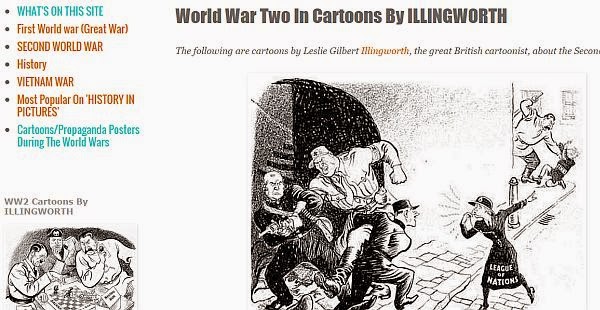 Rosa Luxemburg was a fiery lady. She was the real brains and inspiration behind the Spartacists revolt of 1919.
Rosa Luxemburg was a fiery lady. She was the real brains and inspiration behind the Spartacists revolt of 1919.Germany after the First World War was in a mess. It was thus fertile ground for all sorts of revolts. The first to occur was by the Spartacists/Communists in 1919.
 The lady gives an impassioned speech as the people listen enthralled.
The lady gives an impassioned speech as the people listen enthralled.The Spartacists, lead by Rosa Luxemburg and Karl Liebknecht, were a group of radical socialists who found 'fame' in the first few months after the November Armistice when Germany experienced its so-called 'Revolution'. The Spartacists were named after Spartacus who led a revolt by slaves against the might of the Romans in 73 B.C.
The Spartacists were actually founded in the summer of 1915 when both Luxemburg and Liebknecht left the SDP because of the party's support for Germany's participation in the First World War. The political philosophy of the Spartacists was determined by Rosa Luxemburg who wrote the "Junius Pamphlet" whilst serving a prison sentence in Germany.
 Liebknecht was another Spartacist ideologue
Liebknecht was another Spartacist ideologueIn December 1918, some of the Spartacists - including Luxemburg and Liebknecht - founded the German Communist Party. Luxemburg had written numerous pamphlets about Lenin and how his leadership of the Russian Revolution would be of such great value to Russia.
 The Spartacist/Communists were poorly armed and trained as most were civilians
The Spartacist/Communists were poorly armed and trained as most were civiliansMany Germans (and Europeans in general) were terrified of the 'Red Plague' in Russia and the adoption of the name 'communist' was fraught with danger. Many soldiers had returned from the war fronts massively disillusioned with the German government and hugely suspicious of anything that smacked of left-wing political beliefs. Many who had quit the German Army joined the right wing Free Corps (Freikorps). These would have been battle-hardened men who had been subjected to military discipline.
 In contrast the Freikorps sent in to suppress them were all German Army ex-soldiers.
In contrast the Freikorps sent in to suppress them were all German Army ex-soldiers.In January 1919, the Communists rose up in revolt in Berlin. In every sense it was a futile gesture against the government. Ebert withdrew his government to the safety of Weimar and allowed the Freikorps and what remained of the regular army to bring peace and stability back to Berlin once again.
 Fighting rages on the streets
Fighting rages on the streetsNo mercy was shown to the Spartacists/Communists whose leaders were murdered after being arrested. The Freikorps was better organised and armed - they also had a military background. The majority of the Spartacists were civilians. No-one doubted who would win.
 The German Army/Freikorps take up positions
The German Army/Freikorps take up positions The army moves in to crush the rebellion
The army moves in to crush the rebellionWith the deaths of Liebknecht and Luxemburg, the party fell into temporary disarray though the Communist Party gained strength in the 1920's under the leadership of Thurman. In the 1919 election the Communists got no MP's into the Reichstag. In 1920, they got 4; in 1924 they got 62; in 1924 45 MP's and in 1928, 54 MP's. In each of these elections they did better than the Nazis. By 1928, the Spartacists/Communists had grown into a bona fide minority political party.














































